 I was recently interviewed for the Sacramento News & Review by Melanie Glover about self-publishing. I’ve got a lot to say on the subject but a small portion of the interview was actually used in the article. Check out the article here: Any way you want it, that’s the way they print it. Melanie Glover offered to let me print the interview in full here.
I was recently interviewed for the Sacramento News & Review by Melanie Glover about self-publishing. I’ve got a lot to say on the subject but a small portion of the interview was actually used in the article. Check out the article here: Any way you want it, that’s the way they print it. Melanie Glover offered to let me print the interview in full here.
Melanie Glover: How long has the site been up and running? Why did you start it?
Henry Baum: I started it in December 2008. It’s only six months old, but it’s now listed #2 in Google for the term “self-publishing.” I knew when I started it that it was filling a niche. It’s a site I wish existed when I self-published in 2006. I’m about to release a novel and I wanted to impart some of the stuff I learned when promoting my last novel (North of Sunset) – the book got listed in Entertainment Weekly and won the Hollywood Book Festival Grand Prize. I also wanted to learn some new things along the way. Scribd didn’t exist the last time around. I also wanted to help legitimize self-publishing because I think it’s a totally valid route given the current publishing climate.
MG: About how many hits per day (or week) does your site get?
HB: It gets around 700 a day.
MG: Are you a self-published writer? Do you read strictly self-published books or both?
HB: See above about my novel, North of Sunset. My next novel, The American Book of the Dead, is coming out in 2009. I haven’t even bothered with the query process for this book – aside from a couple of agents just to test the waters. I’m not a writer who’s self-published because I’ve had no other luck. I’ve had 4 literary agents. My first novel was published by Soft Skull Press, re-released by Another Sky Press. I’ve been published by Canongate in the U.K. and translated into French and published by Hachette Litteratures. I’m better read overseas, but the American market’s been harder.
I definitely read both self-published and traditionally published books, but since I started this site I have so many people counting on me to read their books that I feel sort of guilty reading anything else. I’ve got a pile of review copies waiting for me.
MG: What sort of stigma goes along with being a self-published writer? In what ways do you disagree with these opinions of book critics? For example, many critics say that self-published books lack quality or merit, simply because books need lots of editing by professionals.
HB: There are certainly many bad self-published books. For some reason, people have got it into their heads that the bad self-published books represent all of self-publishing. This doesn’t make sense, any more than a bad blog represents all of blogging, or a bad indie rock CD represents all of independent music. Self-publishing just gets a very weird and unfair rap. Hundreds of thousands of books are self-published, so to say “they’re bad” is a gross overstatement. As self-publishing becomes more legitimate, you’re going to see even more books self-published: more bad and more good.
It’s the stigma that actually attracts me to self-publishing – because it’s so unwarranted. On the face of it, self-publishing is a great development. No writer is locked out, everyone’s got a voice. This should be celebrated. But some maybe think a book is more sacred so they criticize a bad novel in a way that they wouldn’t criticize a bad CD. I fully acknowledge that there are poorly-conceived self-published books. A lot of them. I just don’t think it matters. I mean, I wish people would take more care with their work, but the stigma is fading because there’s more and more well-executed work and people realize that the criteria for getting traditionally published is increasingly narrow.
P.S. Check out the (very long) comment thread here to read me go head to head with a self-publishing detractor where I defend self-publishing.
MG: Why do you feel self-publishing should be a first route for writers, not a last resort after bad luck with traditional publishing houses?
HB: I actually don’t think it should be a first route for writers. The main problem with self-publishing is that distribution to brick and mortar stores is so much more difficult – and in-store purchases account for 90% of books sales. So traditional publishing is vastly superior in that department. We’re heading to a future where a print on demand machine will be in every bookstore and everyone has an e-reader, but we’re not there yet.
At the same time, the query process can be enormously frustrating and deflating. One of the more liberating things about self-publishing is that you know you’ll always have an outlet. A manuscript doesn’t have to be stuck in a desk drawer. Your book’s future doesn’t have to be decided by someone you’ve never met who may have very different tastes, or who just may not be able to take a chance. Self-publishing’s a good choice for any writer who wants to avoid this process .
One of the things that people say about self-publishing is: “I’d rather write than have to market my books.” Given the fact that you need to market your books anyway and that you’re probably spending a fair amount of time querying and waiting on a response, this doesn’t seem like a selling point.
MG: How many self-published books do you receive a month for review purposes? (And are they mostly fiction, non-fiction, or…?) How do you decipher between the good and the bad?
HB: I probably receive 25 books a month, both print and ebooks – it’s the reason that I don’t have a lot of time left over to read other books. Most submissions are fiction – that’s always how it’s been since the beginning.
I’m much less judgmental of self-published books than I am of traditionally published books. That doesn’t mean I’m leniant – it just means I read self-published books differently than other books. I don’t really like a writer like Dean Koontz, for example. But when reviewing a self-published book I understand when someone has succeeded at writing a well-done Koontz-style book. I can appreciate that, even if it might not be something I’d read on my own. Actually, reviewing for the site has made me less cynical about books in general.
MG: Is there a print-on-demand Web service that you think is particularly great? There are so many!
HB: I’d recommend everyone use Lightning Source over a service like Lulu – books are priced far cheaper, so bookstore distribution is more likely and it’s just less out of pocket to ship books yourself. That requires a bit more work and extra funds for an independent book designer, which is likely more expensive than buying a book package with iUniverse or AuthorHouse, etc., but it’s more professional.
MG: What is the biggest piece of advice you could give to a first-time self-publisher?
HB: Don’t worry too much about book sales. It’s hard for a traditional indie press to sell 3000 books. If a self-publisher is able to sell 500 books, that’s a great accomplishment relative to other publishers. But that’s not the only issue. One of the greatest arguments I have for self-publishing is you don’t know what can happen just by getting your book out there. I’ve corresponded with very many interesting people, readers/writers – traded books, traded CD’s for books. Found an agent. These relationships are incredibly important and can be really fulfilling, so it’s not just about how many books you sell, it’s who you reach.
MG: Do you feel like self-published books are often more daring or challenging than traditionally published books? (Perhaps they fall into a category that differs immensely from traditionally published books.)
HB: Actually one of my complaints about self-published books (at least what I’ve seen through Self-Publishing Review) is that many of them are attempts at being mainstream commercial fiction. See the Koontz answer above – even if I can appreciate when something is well done, I’d still love to see more daring stuff. I’d love to see self-publishing have a similar vibe to it as punk rock – anyone can do it. Personally, my own novel is science fiction, but I’m not a science fiction writer. It’s not overly experimental, but I knew agents were going to have trouble placing the book because it’s not easily marketable. My last novel is a “thriller” but not entirely conventional, and I’m not going to change my writing according to the market. I’m not even sure I could – I write what I like to write, it’s what I think I do well.
MG: What do you like best about self-published work?
HB: That it’s publishing’s future. Everything you see said about publishing changing is starting in the world of self-publishing – ebooks, Scribd, online marketing. Traditional publishers are starting to mimic self-publishers who have had to scratch and claw any way they could to get noticed. I like that self-publishing gives power back to the artist and away from gatekeepers who too often publish books based on the current market and not the quality of the writing.
But that’s not really about the “work.” I love finding books that are as solid as traditionally published books. It’s confirmation that I’m not totally deluded about self-publishing’s promise. And there are a lot of good books that are self-published – anyone who says otherwise is going by conventional wisdom and hasn’t actually picked up a self-published book in a while.
MG: Anything else you’d like to add…?
HB: I’ve started a self-published book group – Backword Books – it’s a collective of literary self-published writers. All well-reviewed with a collection of “nice” rejection letters. It’s a new concept – a combination of self-publishing and the traditional literary press. It’s not a publisher because we still all use different services to print, but we’re gathered together in one place to help improve our marketing reach and help readers find good books to read.
Get an Editorial Review | Get Amazon Sales & Reviews | Get Edited | Publish Your Book | Enter the SPR Book Awards | Other Marketing Services










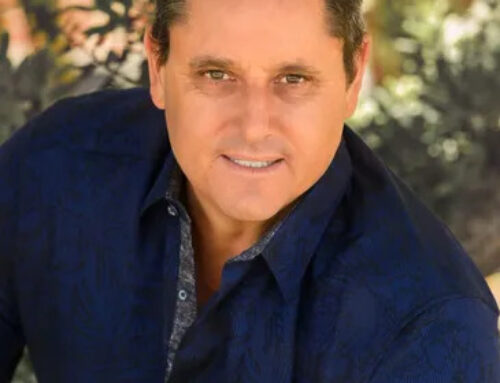
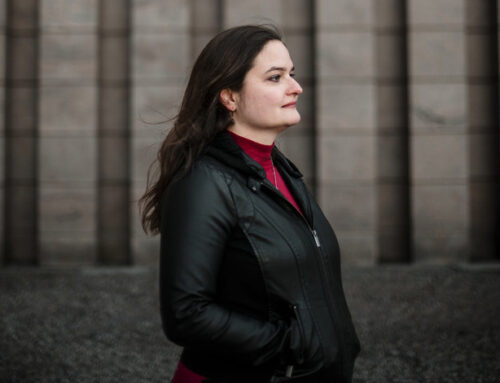
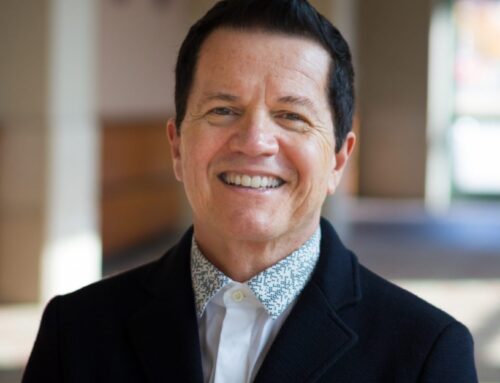

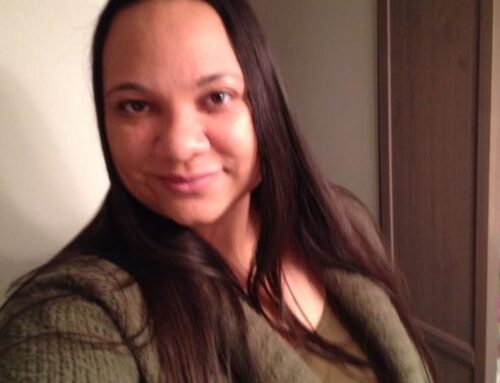

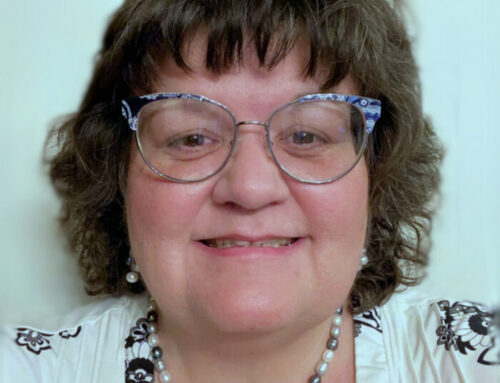



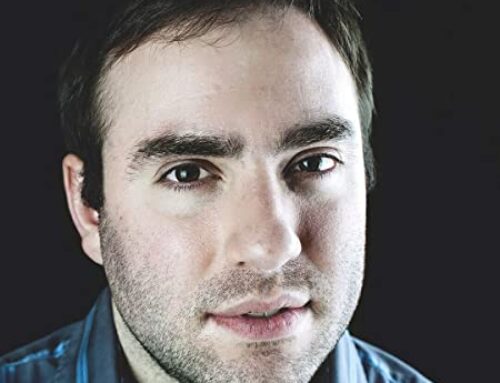

Great interview.
Thanks, Kristen. Check out Publishers Weekly today. I’m criticized over this interview: http://www.publishersweekly.com/blog/400000640/post/1960048596.html
Hi Henry,
One small but important note: I’m a PW blogger, but that’s not at all the same as my blog posts being articles in PW. The cite should be to me personally, as it’s my personal views being expressed, and not the magazine.
I think I’ve shared this quote w/ you before Henry, but in case I haven’t…
You can always identify the pioneers by the arrows in their backs.
I thought the full quote was “You can always identify the pioneers by the arrows in their backs and their companions bones in their stew pots”.
Great post here in response to the PW piece: Punk Rock Ethos & Self-Publishing.